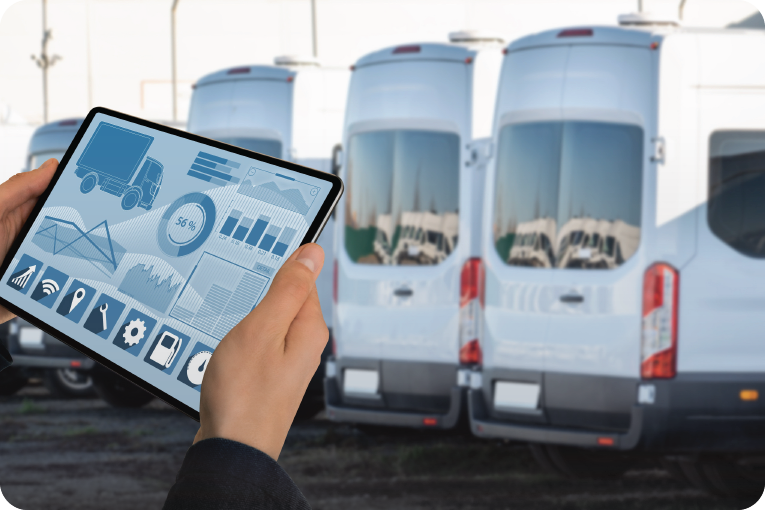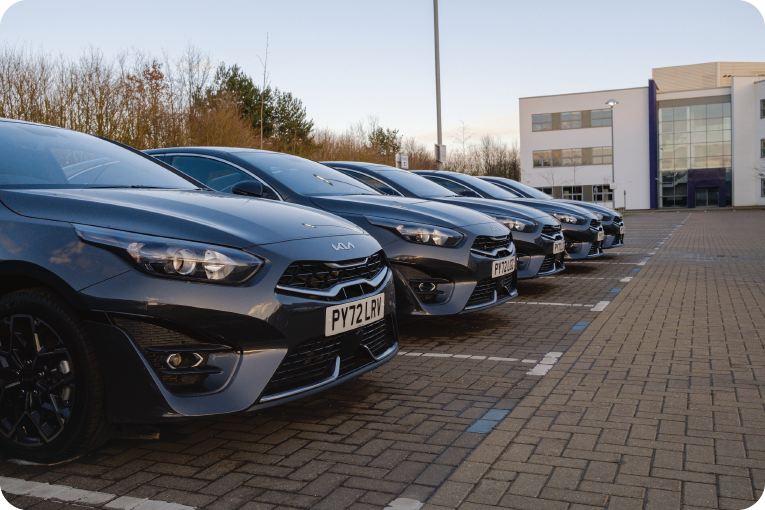Software defined vehicle use cases
The Sonatus suite of vehicle software and cloud software products deliver capabilities for software defined vehicles that accelerate innovation, improve vehicle quality, enhance customer experience and add new sources of revenue for the automotive industry.
These use cases, enabled by Sonatus vehicle software products, span vehicle design and engineering, production, after-sales service, value-added vehicle services and new business models. A software defined vehicle provides a rich framework for software development that can enable flexible use of vehicle data and extensibility of vehicle functions across a range of vehicle systems. New features can be offered as over-the-air (OTA) updates, not just in infotainment systems but across individual electronic control units for a range of benefits to car manufacturers and drivers alike.

Improve EV range with real-world data
As software increasingly drives vehicle features, automotive engineers can use real-world data to improve vehicle performance. For example, vehicle efficiency and prediction accuracy of EV vehicle range can both be improved in a software defined vehicle through better access to vehicle data for analysis and tuning.


Vehicle end-of-line testing
Customers expect their new vehicles to just work and end-of-line tests are crucial to make that happen. The increasing complexity of vehicle systems means it’s often a laborious and expensive part of the production process to check if the dozens of functions work as designed. With the right automotive software solutions, auto makers can perform automated testing during manufacture and improve efficiency of vehicle production and delivery.

Deliver personalized driving experiences
Customers expect their digital devices to improve over time and the automotive industry is no different. Software defined vehicles can deliver continuously fresh and personalized user experiences across the vehicle life cycle, including through the use of artificial intelligence to personalize the driver experience to suit individual preferences and habits. Sonatus solutions enable personalization without software development.

Avoid recalls with smart vehicle diagnostics
Vehicle downtime can be time consuming and costly for OEMs and their customers. Precise vehicle data and automated diagnostics can enable predictive maintenance to detect potential failures early for faster resolution, less vehicle downtime, and an overall better customer experience.

Enable diverse fleet management applications
Fleet services represent a tremendous opportunity to add a significant amount of revenue and profits to automakers’ bottom line. Sonatus vehicle software products enabled OEMs to offer fleet managers advanced fleet management tools to improve the overall efficiency of fleet operations.

Improving rental fleet management software
Software defined vehicles are expected to deliver continuously fresh and personalized user experiences. Rental fleet purchasers will benefit from, and increasingly prefer, vehicle models that offer connected services and support rapid and iterative enhancements, even to those already shipped and sold.
